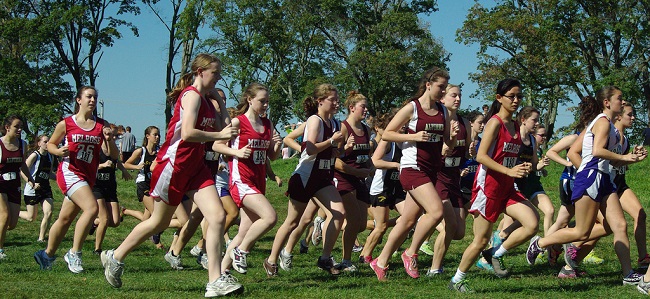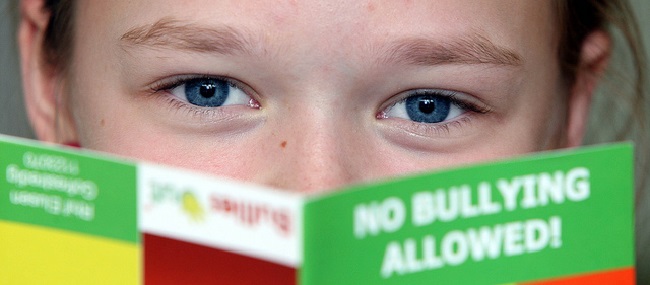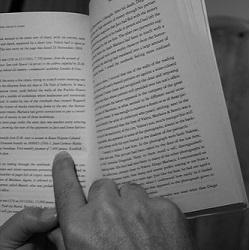
Elliot Simmonds is the Panel Manager at VoicED, an online research community. He has presented at a Russell Group university on the value of a Humanities degree in the business world, as well as acting as a mentor for business students at the University of Manchester in recent years. Elliot also brings experience of other education systems, having attended the University of Massachusetts. In 2014 he judged the Education category of the UK Blog Awards.
Elliot also offers marketing consulting services through Rippleout Marketing, and is happy to speak to schools and other educational establishments.
Education professionals can visit the VoicED member site, whilst research buyers within the education sector will find the client portal interesting.
How do teachers in different subjects view PE? Elliot Simmonds of VoicEd has, along with his peers, been conducting research into this very subject.

In light of the fact that this summer has seen a World Cup, Wimbledon, test cricket and a Home Nations Commonwealth games, my colleagues and I have recently completed some research with teachers to understand their opinions around just how important sport is in the classroom. That report will be published soon, but I wanted to give Innovate My School readers a bit of a preview, and to talk around some of the issues we feel it brings up.
Given the importance of teachers being secure in their working lives, it’s vital that schools take into account the effect of social media and technology. Elliot Simmonds of VoicED examines how teachers can take care of themselves in a digital world.

We have covered cyber-bullying a lot on the our blog recently, along with other technology-influenced issues such as ‘sexting’ and the specific impact on SEN students. However, two recent pieces of research published by two different teachers’ unions have focussed not on pupils and their vulnerability, but on teachers and educators who suffer from the same problems.
House of Cards, Game of Thrones, Mad Men, Boardwalk Empire, True Detective… For adults, there are a huge amount of must-see television programmes available at the moment, and it’s getting much easier to miss giving yourself some time to read. For younger viewers, the same problem applies, with a bevy of kids-programming channels (not to mention Netflix) easily accessible. Recent research has shown that reading is on the decline, and Elliot Simmonds can’t stress enough how important reading is for growing minds.

Last week, new research was published by Booktrust (and later featured by the Guardian and the BBC among others) which suggests that Britain is a nation divided on reading habits. At this point, in the interest of full-disclosure, I should say that I am a voracious reader. I read anything, and I read a lot – despite recently being asked if I was a ’14 year old girl’ because I’m halfway through The Hunger Games.
For this reason, I found it quite distressing that almost half the nation would prefer to watch television than read a book and that even more (56%) said that the internet and computers will replace books within two decades. Reading is exercise for the brain; utilising memory, imagination and generally increasing vocabulary and improving the way in which people express themselves. Reading books is a great way to step away from work and school, which involves an increasing amount of time spent looking at screens for many of us.

A community-driven platform for showcasing the latest innovations and voices in schools
Pioneer House
North Road
Ellesmere Port
CH65 1AD
United Kingdom